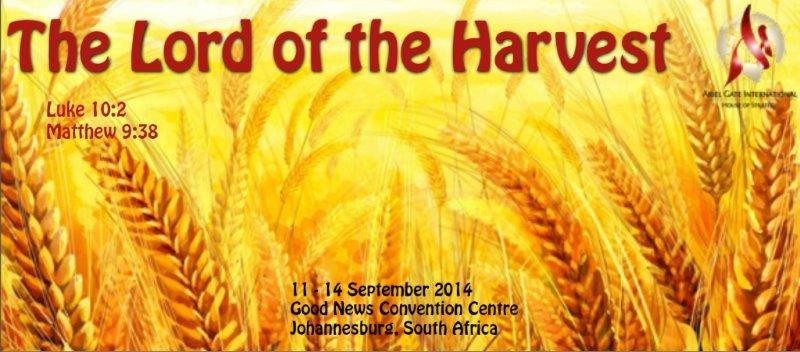The phrase, “The harvest is ripe but the laborers are few,” resonates deeply within the Christian narrative, serving as both a call to action and a reflection on the urgency of spiritual duty. This statement, derived from Matthew 9:37, encapsulates a profound metaphor that spans the breadth of biblical wisdom. Within the agricultural imagery lies an astonishing complexity; it is not merely a commentary on physical labor but a clarion call for spiritual vigilance and engagement. Delving into this metaphor reveals the depths of its significance and the unique appeal it holds for Christians today.
Understanding the metaphor begins with the imagery of the harvest itself. In biblical times, harvests were periods laden with anticipation and reward, representing the culmination of hard work, faith, and reliance on divine providence. Conversely, the laborers signify those called and equipped to participate in this divine work. The juxtaposition—the plentiful harvest against the scarcity of laborers—paints a stark picture of missed opportunities and untapped potential. It evokes images of fields bursting with ripe grain, waiting patiently for those willing to gather the fruits of labor, all the while highlighting the urgent need for hands to toil in God’s vineyard.
From a theological standpoint, this metaphor serves as a poignant reminder of the pervasive need for evangelism. The “ripeness” of the harvest illustrates the spiritual readiness of souls yearning for truth, the longing for redemption, and the thirst for hope. The laborers being few speaks to the issue of discipleship; it is a summons for the faithful to rise to the occasion, to be messengers of their faith in an increasingly indifferent world. Moreover, it beckons believers to identify themselves not just as passive recipients of grace, but active participants in God’s mission.
This metaphor alludes not only to individual responsibility but to a communal endeavor. In a world often divided, the call to labor in the harvest transcends individual ambitions and highlights the importance of collective action. The apostolic exhortation can ignite a sense of urgency among congregations; the harvest does not merely belong to a few chosen individuals but is a shared responsibility intended to be nurtured by the entire faith community. It encourages collaboration among believers, each contributing their unique gifts to a larger purpose—thus, vitality emerges in unity.
Intriguingly, the concept of scarcity in laborers extends beyond the practical to the existential. The idea that so few are willing to engage with the harvest can lead one to ponder why. Numerous distractions inundate contemporary life, often diluting a believer’s focus on spiritual matters. Consequently, many who identify as Christians may find themselves apathetic or removed from the call to action. Instead of actively seeking to engage with and nurture the harvest, they may become passive observers, which can lead to spiritual stagnation. This presents a dual challenge: not only must we acknowledge the bountiful opportunities for ministry, but we must also confront the barriers hindering our participation.
In reflecting on this metaphor, it becomes imperative to rekindle a fervor for the mission of the Church. The harvest is ripe; it burgeons with potential and promise, yet it demands both commitment and courage from the laborers. Engaging with the world and cultivating spiritual insight necessitates a departure from comfort zones—a willingness to step into challenging environments where faith can flourish and lives can transform. This engagement is not without risk; it requires vulnerability, humility, and an unwavering reliance on divine guidance. However, therein lies the authenticity of faith—faith that acts, expresses, and reaches out.
Moreover, the metaphor of the harvest invites us to consider the spiritual fruitfulness of our endeavors. The ripe harvest signifies the importance of not merely focusing on numbers or visible results; rather, it acknowledges the deeper work of God within the hearts of individuals. The laborers are thus called to cultivate relationships, plant seeds of kindness, grace, and truth, and then trust in the Divine to yield a bountiful spiritual harvest. Each act of service, no matter how small, contributes to this grand tapestry of God’s kingdom.
In conclusion, the exhortation that the harvest is ripe but laborers are few implores believers to critically examine their role within God’s narrative. The urgent metaphor of the harvest articulates not just an imminent need but a clarion call toward action and involvement. It invites a reassessment of priorities and awakens a desire to live purposefully and intentionally within the larger framework of God’s redemptive plan. As Christians ardently partake in the harvest, they find not only purpose and fulfillment but also a deeper connection with the divine—a connection that assures them that they are indeed part of something greater, engaged in the magnificent work of love, hope, and transformation.



